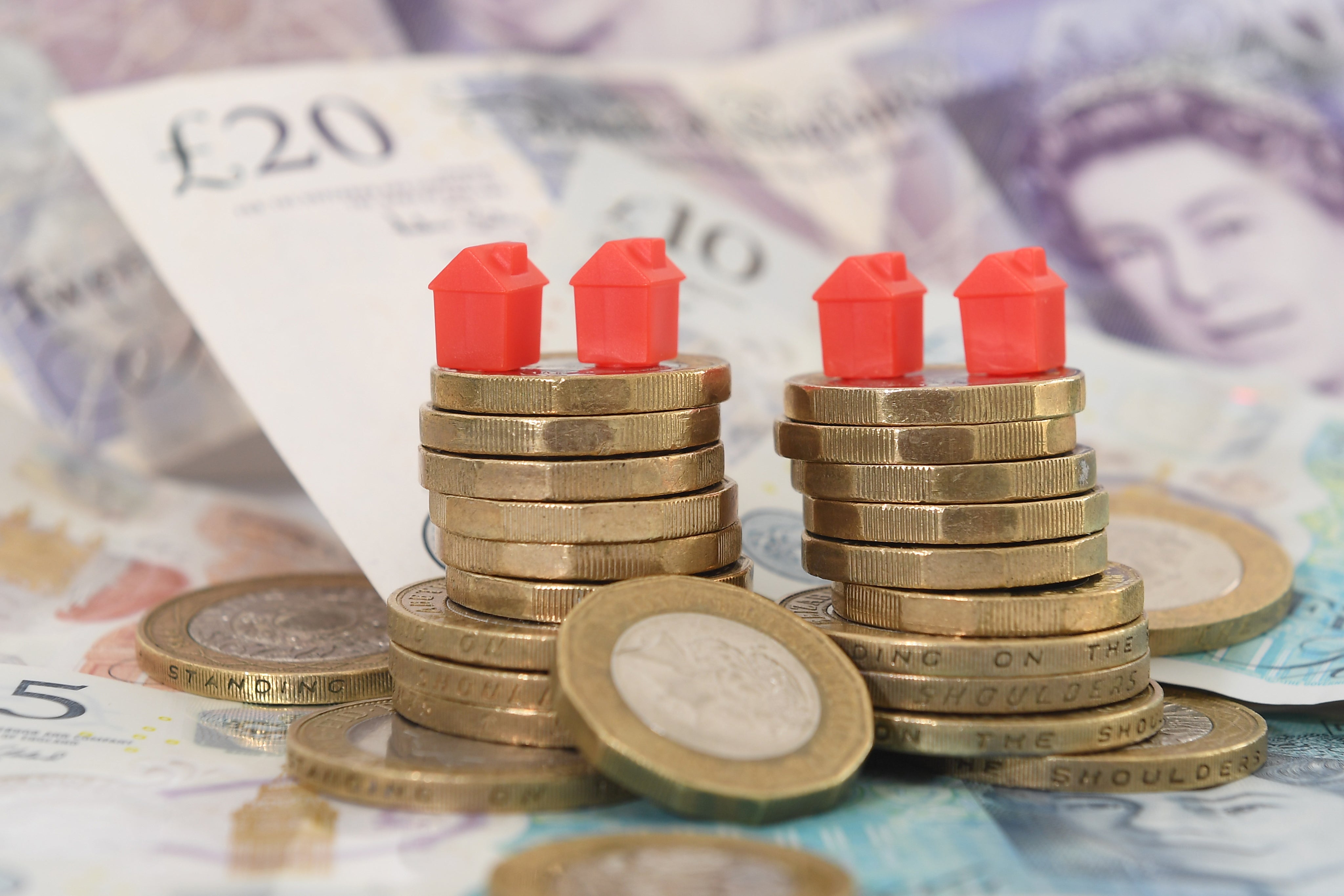Confidence in household finances hits record low
Confidence in household finances over the short term hit an all-time low in the survey from YouGov and the Centre for Economics and Business Research.

Your support helps us to tell the story
From reproductive rights to climate change to Big Tech, The Independent is on the ground when the story is developing. Whether it's investigating the financials of Elon Musk's pro-Trump PAC or producing our latest documentary, 'The A Word', which shines a light on the American women fighting for reproductive rights, we know how important it is to parse out the facts from the messaging.
At such a critical moment in US history, we need reporters on the ground. Your donation allows us to keep sending journalists to speak to both sides of the story.
The Independent is trusted by Americans across the entire political spectrum. And unlike many other quality news outlets, we choose not to lock Americans out of our reporting and analysis with paywalls. We believe quality journalism should be available to everyone, paid for by those who can afford it.
Your support makes all the difference.UK households’ concern about their finances has hit another record low as they “bear the brunt” of the cost-of-living crisis, according to a survey.
Confidence in household finances over the short term hit an all-time low in the monthly survey from YouGov and the Centre for Economics and Business Research (CEBR) in April, dropping by six points on the previous month and a “massive” 57 points compared with April last year to 56.7.
The 12-month outlook also hit a new low, inching downwards from 49.1 to 48.3.
The study found that overall consumer confidence has fallen one point since March but 7.6 points since this time last year.
Other metrics such as house value, job security, and business activity remain stable, the survey suggests.
Households were asked how they think their financial situation will change in the next year and the survey then assigns a score based on the responses.
Anything above 100 is positive, while if it falls below 100 households are expecting to be worse off.
The score was above 100 around a year ago, but has been falling in recent months.
Based on 6,000 interviews across the month, the confidence survey measures attitudes to household finances, property prices, job security and business activity.
Darren Yaxley, from YouGov, said: “With the cost-of-living crisis continuing to rumble on, this data suggests that, perhaps unsurprisingly, consumers’ household finances are bearing the brunt.
“Other metrics such as house value, job security, and business activity remain stable for the time being, but it remains to be seen whether these will experience a similar freefall as the country continues to feel the squeeze.”
Kay Neufeld, head of forecasting at CEBR, said: “The YouGov/CEBR Consumer Confidence Index remains in freefall as consumer sentiment now stands at the lowest level in 17 months.
“The fact that the rate of decrease in the forward-looking household finance measure has slowed will be of little consolation as it too found a new record low at 48.3.
“Worryingly, consumers are also becoming less optimistic on the outlook for business activity going forward, which is likely driven by greater anxiety about a potential recession further down the line.”
With talk of inflation hitting 10%, interest rates rising further and the energy price cap likely to rise sharply again in October, it’s not surprising that people’s confidence about their finances has slumped
Sarah Pennells, consumer finance specialist at Royal London, said: “Our cost-of-living research shows that people are already cutting back their spending on food, fuel and energy bills, with only one in 10 people saying they weren’t planning any cutbacks.
“While those on the lowest incomes will spend a bigger percentage of their income on household expenses, we found that people across all income bands were worried about higher energy bills.
“With talk of inflation hitting 10%, interest rates rising further and the energy price cap likely to rise sharply again in October, it’s not surprising that people’s confidence about their finances has slumped.”